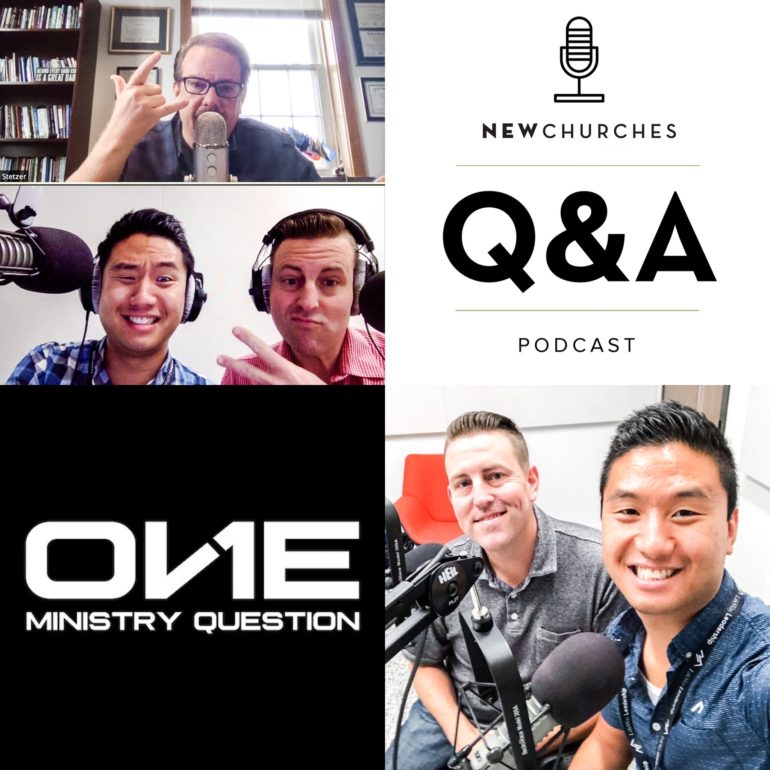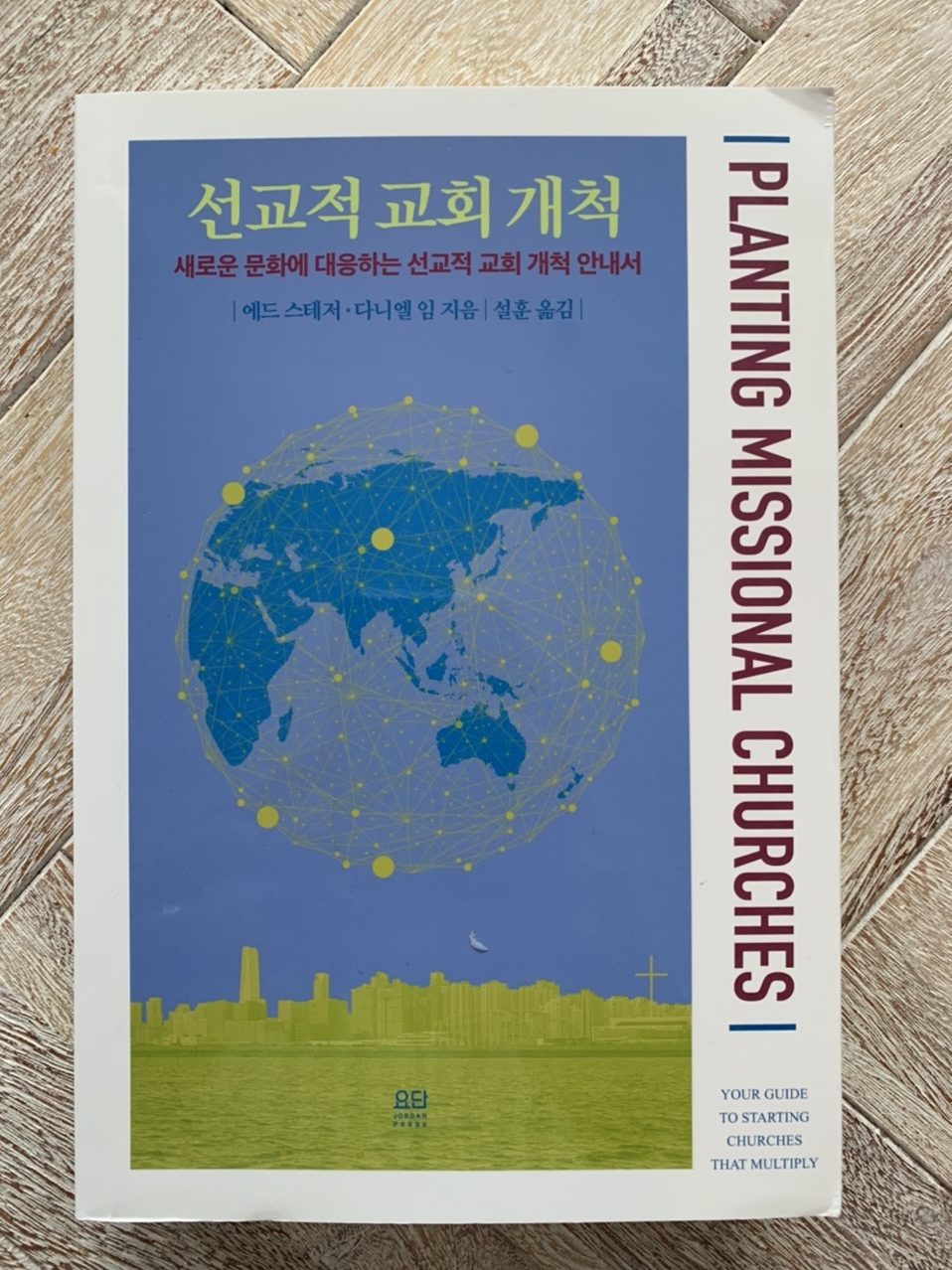
Over the past month, have you caught yourself singing a song about Bruno?
Or, I guess to put it more accurately, not talking about Bruno? Because of the enormous popularity of “We Don’t Talk About Bruno” from Disney’s 2021 film, Encanto, this song has stayed on the Top 10 Billboard chart for weeks in several countries.
Now the purpose for this article isn’t to talk about the “magic” in this movie (and to go down that rabbit hole). Rather, it’s to address the ways that the songs and themes in this movie are actually perpetuating lies about our identity—and feeding us (and our children) lies about ourselves.
When I wrote You Are What You Do: And Six Other Lies About Work, Life, and Love, I was attempting to shine a spotlight on seven different lies about our identity—and how to discover the truth on the other side. Now the thing about these lies is that they don’t actually seem harmful on the surface—they just seem more of a matter of fact than anything. But when you dig underneath the surface, and begin unpacking how these lies are shaping your relationships, your understanding of self, and your emotional, physical, and spiritual health…you start realizing that these lies aren’t as harmless as they appear to be.
Now just to be clear, “We Don’t Talk About Bruno” is musical genius. My family and I couldn’t stop listening to the song because it’s so catchy, fun, and mesmerizing musically. But the more I listened to the song, the more I realized that it was the music and not the lyrics that I fell in love with.
Why shouldn’t the family talk about Bruno? Why is it okay to expel someone from the family? Why don’t people know the actual reason he was ex-communicated? And how in the world can someone survive in the walls of a house?! (Sorry for the spoiler).
I recognize that yes, this is just a movie, but could songs like this be unintentionally feeding our children lies about their identity like “you are what you do” and “you are your past”?
In the movie, we see that Abuela, the matriarch of the family, had cultivated a culture where lies like those ones were the core source of everyone’s identity. Because of her past—both the death of her husband and the way her house came to be—her whole family was living proof that “you are your past.” And when you consider the way that everything revolved around an individual’s gift, what other message than “you are what you do” was being communicated to the one with the gift and everyone around them? No wonder Mirabel’s sister, Luisa, was crumbling under the surface from the pressure placed on her.
Oh and let’s not forget the lie that made the hit song, “We Don’t Talk About Bruno” possible! Because Abuela believed the lie that “you are who you raise,” there was no way she could allow Bruno to reflect back on her in anyway…hence the reason no one talks about Bruno!
So What?
Friends, this is why I wrote You Are What You Do: And Six Other Lies About Work, Life, and Love. I wrote it to help us recognize the lies that our culture is subtly feeding us about ourselves. The book—and this article—are not indictments to boycott this movie or our culture. Rather, they are pleas to become more discerning about what messages we’re subtly listening to and letting shape who we are and how we live, work, and love.
If you haven’t yet picked up a copy of the book, I’d be honored if you would do so either by going to Amazon or checking out my book page to learn more about it.



